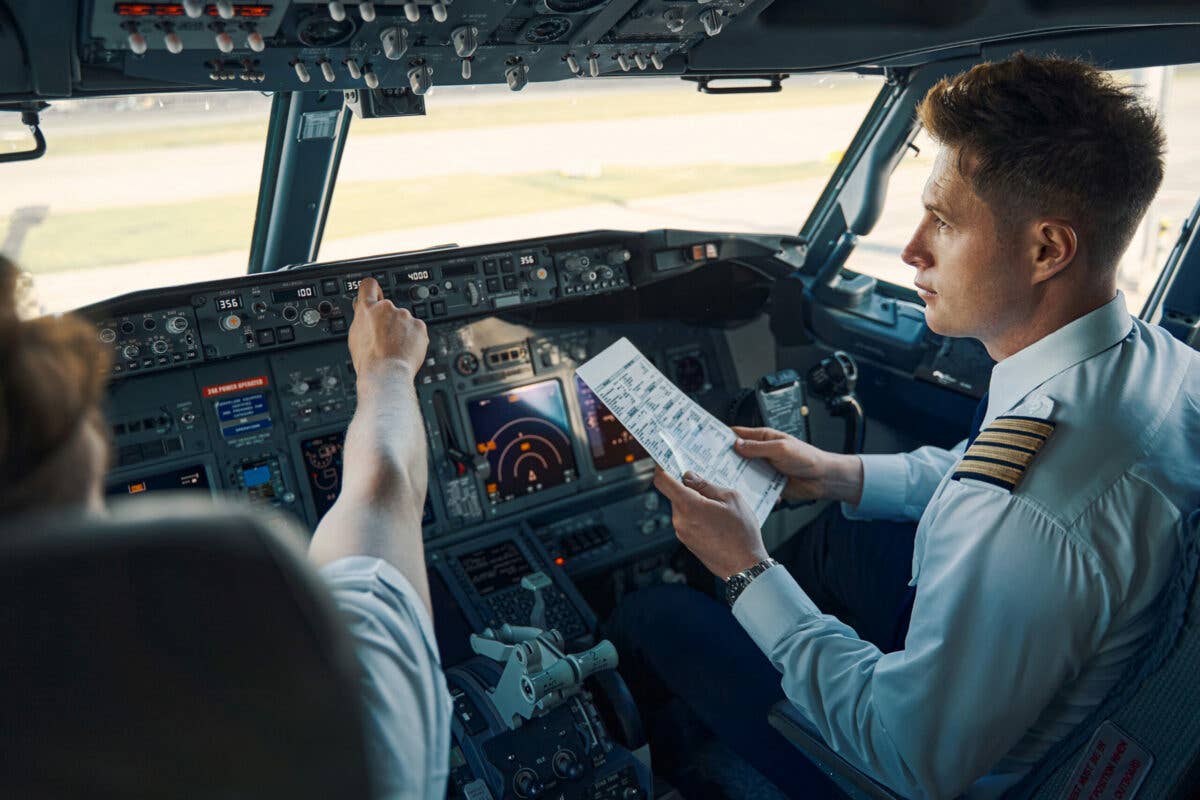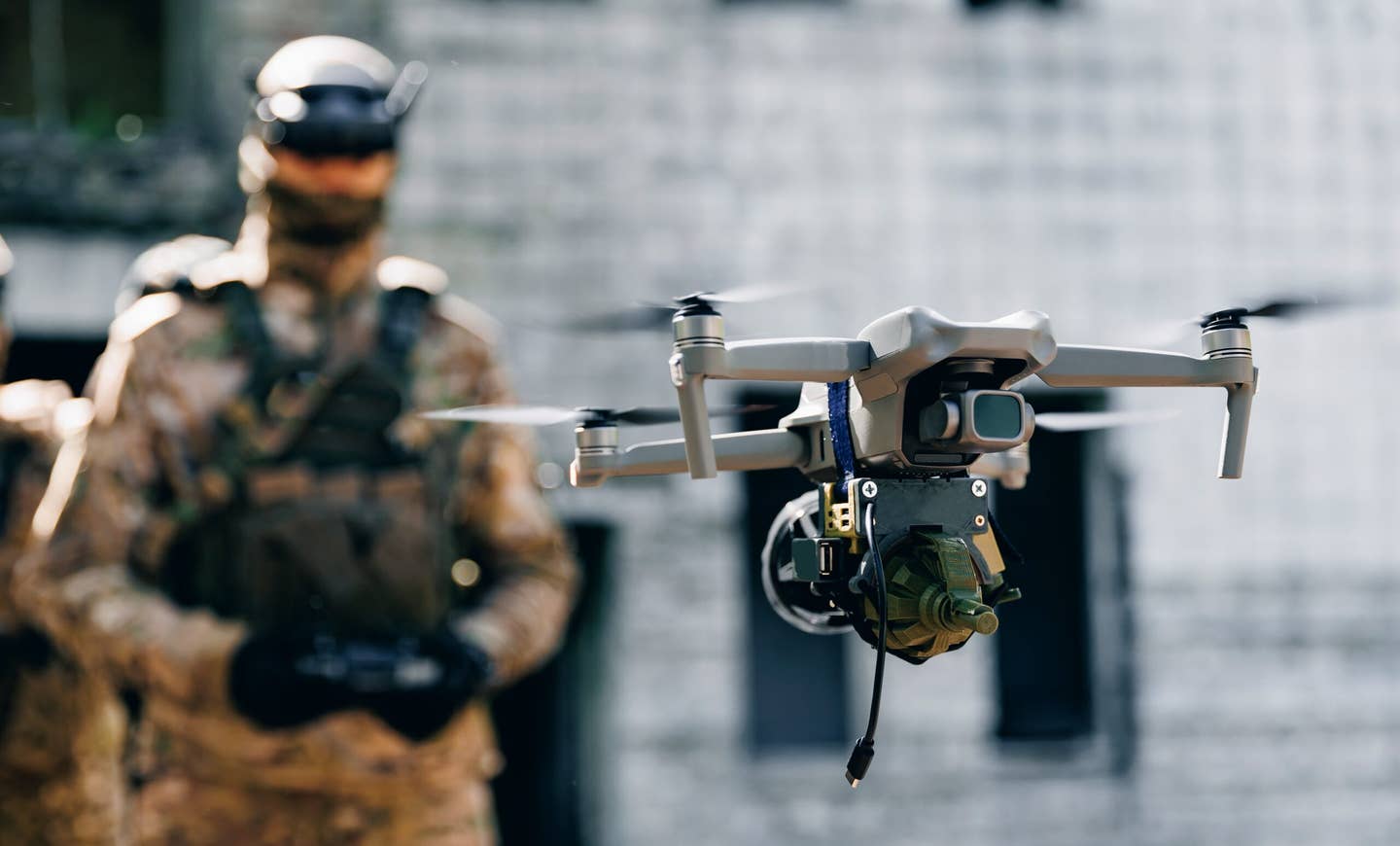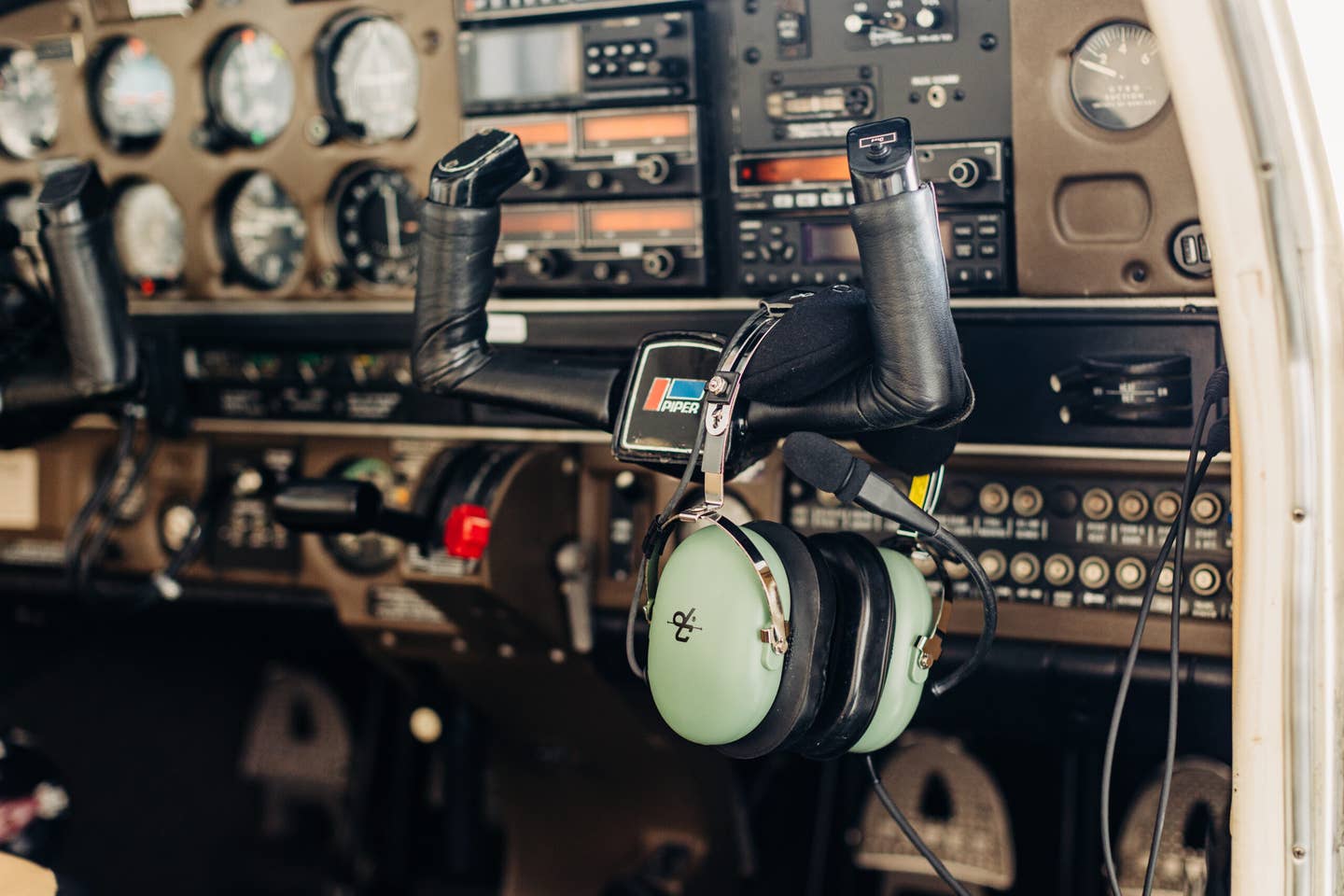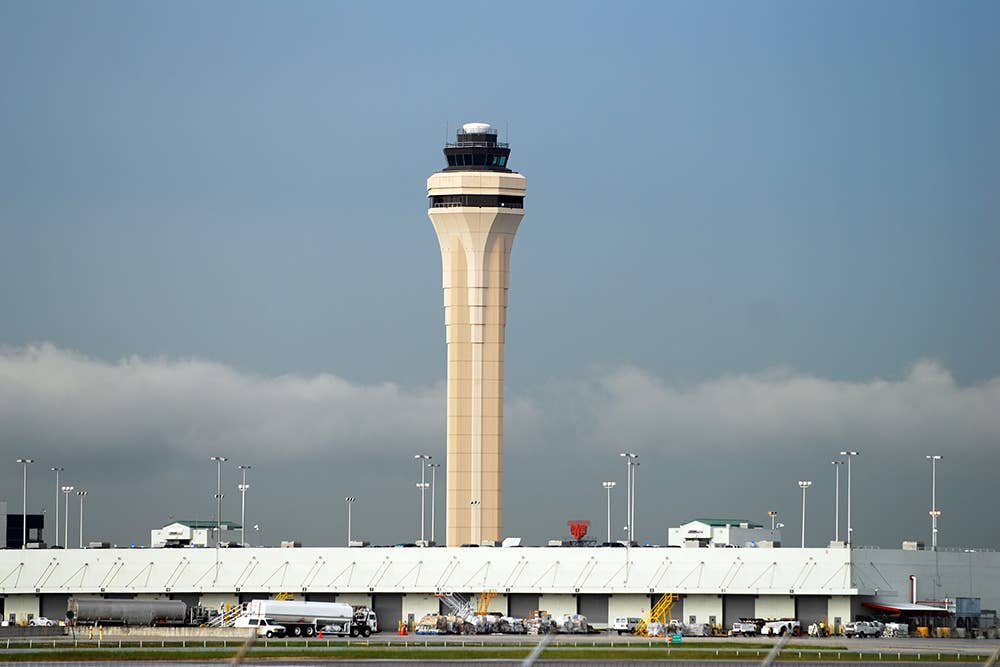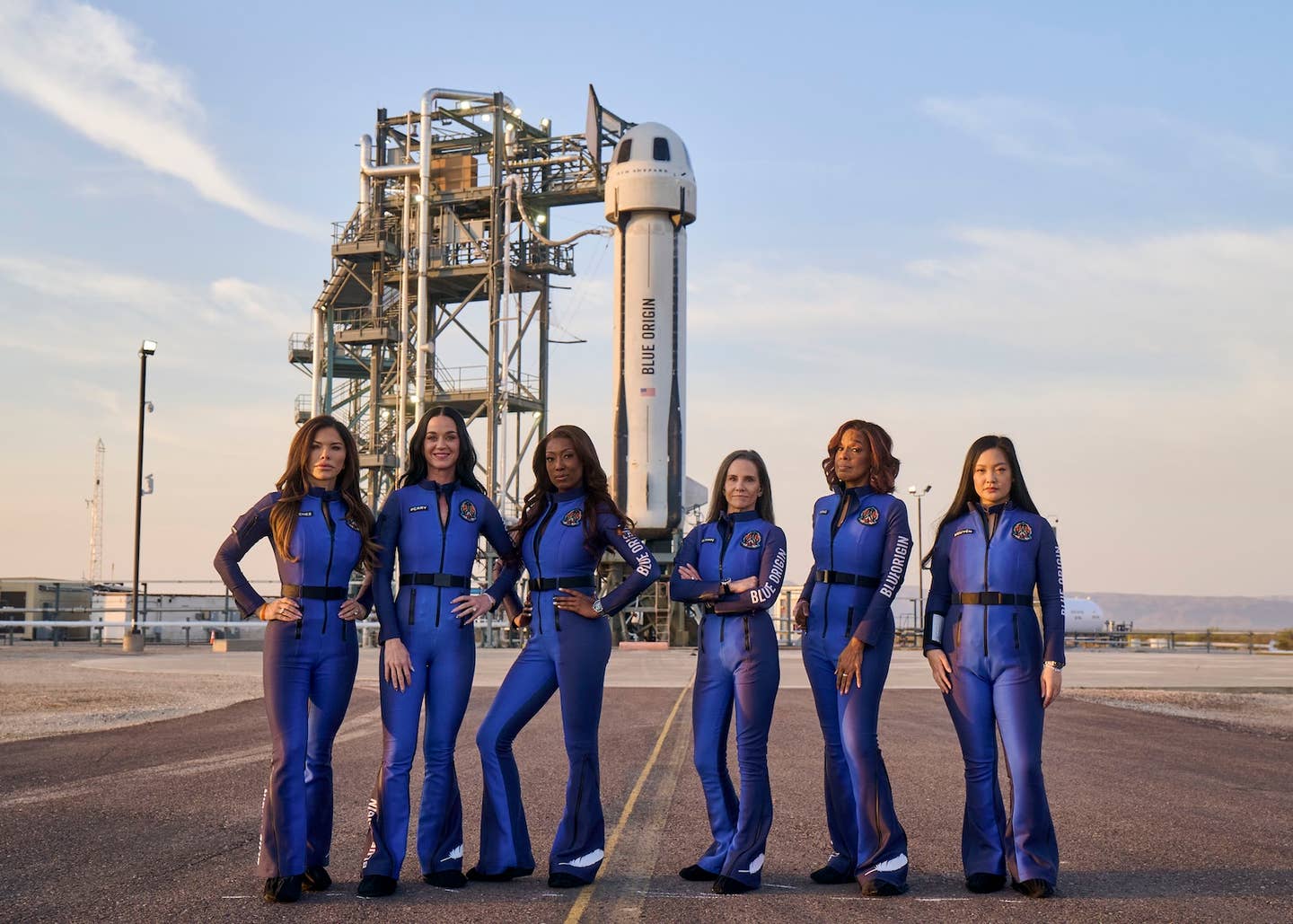Canada’s Helijet Makes History with Beta eVTOL Order
An agreement with the British Columbia-based helicopter airline represents the first eVTOL purchase from a Canadian air carrier and Beta’s first sale in the country.

A digital rendering of Beta’s Alia-250 eVTOL, with a Helijet livery, flying in the skies above Vancouver, British Columbia. [Courtesy: Helijet]
One of North America’s oldest helicopter airlines plans to add one of aviation’s newest aircraft designs to its fleet.
Helijet International Inc. on Tuesday announced that it placed firm orders for Beta Technologies’ Alia-250 electric vertical takeoff and landing (eVTOL) air taxi, becoming the first Canadian air carrier to purchase such a design. Helijet, Beta’s first commercial customer in Canada, also expects to be the first air carrier to offer eVTOL passenger and cargo services in the country.
The British Columbia-based firm claims to be the largest and longest-standing helicopter airline in North America. As far as scheduled passenger helicopter airlines go, Helijet and New York City-based Blade Urban Air Mobility are the only major regional players. In 2021, Blade partnered with Helijet’s booking platform to expand into Canada.
Once Beta’s Alia is certified and delivered, Helijet plans to add the aircraft to its existing fleet, which is composed of Eurocopter AS350 B2s, Sikorsky S76s, Learjet 31As, and Pilatus PC-12s.
How Helijet Will Deploy Alia
Though there are similarities between helicopters and eVTOL designs—the most obvious being the ability to take off and land vertically—Alia doesn’t quite match the performance of the aforementioned models. Its 50-foot wingspan is similar. But its 250 nm range and 100 knot cruise speed are more restrictive. However, Beta’s design is expected to be 90 percent quieter than comparable helicopters.
Alia will be integrated into Helijet’s passenger transport operations in southwest British Columbia and the Pacific Northwest, offering sustainable, quiet flights for a pilot and up to five passengers at a time. Beta and Helijet claim these trips will cost less than current helicopter flights, making them particularly valuable to rural or remote communities lacking convenient air services.
The eVTOL aircraft are also expected to bolster Helijet’s emergency response, air ambulance, and organ transfer services in Canada’s Lower Mainland region.
Over the past two years, the helicopter airline has shortlisted three eVTOL manufacturers building aircraft designed to fit into advanced air mobility (AAM) ecosystems. Though Beta will be its first supplier, the company will continue to evaluate orders for other nominated designs.
Helijet selected Alia in part due to Beta’s plan to certify the aircraft for IFR operations. The firm is also interested in growing its industrial base in Canada, where Beta in March opened an engineering and research and development hub at Montreal-Pierre Elliott Trudeau International Airport (CYUL).
Beta also has a partnership with Canada’s CAE, a large training OEM and provider of flight simulators, to develop pilot and maintenance technician training programs for Alia. Rival eVTOL manufacturer Joby Aviation has a similar agreement.
“With its mature air travel market demographic and existing challenges for conventional transportation between Vancouver Island and the Lower Mainland, southern B.C. provides an exciting opportunity to demonstrate the commercial viability and environmental sustainability of AAM in B.C. and Canada,” said JR Hammond, executive director of Canadian Advanced Air Mobility (CAAM), the country’s national AAM consortium, of which Helijet is a founding member.
Citing a 2020 white paper from Nexa Advisors, another member of the CAAM consortium, Helijet and Beta estimate that, over the next 15 to 20 years, the Greater Vancouver area has the potential to serve 4.2 million passengers using eVTOL aircraft. That could translate to about $1.5 billion (2.1 million Canadian dollars) in new AAM business activity.
To support those aims, Helijet is leading the development of a commercial vertiport at its downtown Vancouver waterfront heliport. The site is planned to be an intermodal transportation hub, connecting AAM passengers with road, marine, air, and rail access throughout the region.
“This provincial government recognizes the potential of advanced air mobility to decarbonize the aviation sector, improve regional connectivity, improve emergency response times and introduce new manufacturing opportunities in our province,” said British Columbia Premier David Eby, who attended the announcement of the deal at Helijet’s Victoria Harbour Heliport (CBF7).
Alia’s Flight Path
Per Tuesday’s announcement, Alia is in “advanced flight standards development” and on track for commercial certification in 2026, one year after Beta’s eCTOL (electric conventional takeoff and landing) variant is expected to be approved. Shortly after, it will be available for private and commercial service.
Beta so far has conducted eVTOL evaluation flights with the FAA, U.S. Air Force, and U.S. Army. The aircraft has completed multiple thousand-mile-plus jaunts across the U.S., the most recent of which saw it travel more than 1,500 nm across 12 states en route to Duke Field (KEGI), a military airport at Florida’s Eglin Air Force Base. Beta also delivered an electric aircraft charging station to Eglin in September, the first to arrive on an Air Force base.
Alia’s flight from the company’s home field in Plattsburgh, New York, to Eglin represented Beta’s first eVTOL delivery to a contracted partner. Just weeks earlier, the firm’s eCTOL completed a cross-border flight from Plattsburgh to Montreal, marking the first time a battery-utilizing electric aircraft landed in the city.
“Between our growing engineering hub in Montreal, our first cross-border flight to the region earlier this year, and the support we’ve received from the government and regulators across Canada, we look forward to continuing to grow our presence in the country,” said Kyle Clark, founder and CEO of Beta.
In addition to Helijet, Beta has Alia purchase orders from UPS, Blade, Bristow Group, LCI Aviation, United Therapeutics, and Air New Zealand, and the aircraft are expected to fulfill a variety of use cases. However, Beta plans to target cargo and medical delivery and military and defense missions before transporting passengers, per Tuesday’s announcement.
Earlier this month, the company opened a 188,500-square-foot final assembly plant at Vermont’s Burlington International Airport (KBTV), which it says is the first such operational facility for electric aircraft in the U.S. Beta also claims the site is the largest net-zero manufacturing plant east of the Mississippi River.
Like this story? We think you'll also like the Future of FLYING newsletter sent every Thursday afternoon. Sign up now.

Sign-up for newsletters & special offers!
Get the latest FLYING stories & special offers delivered directly to your inbox

